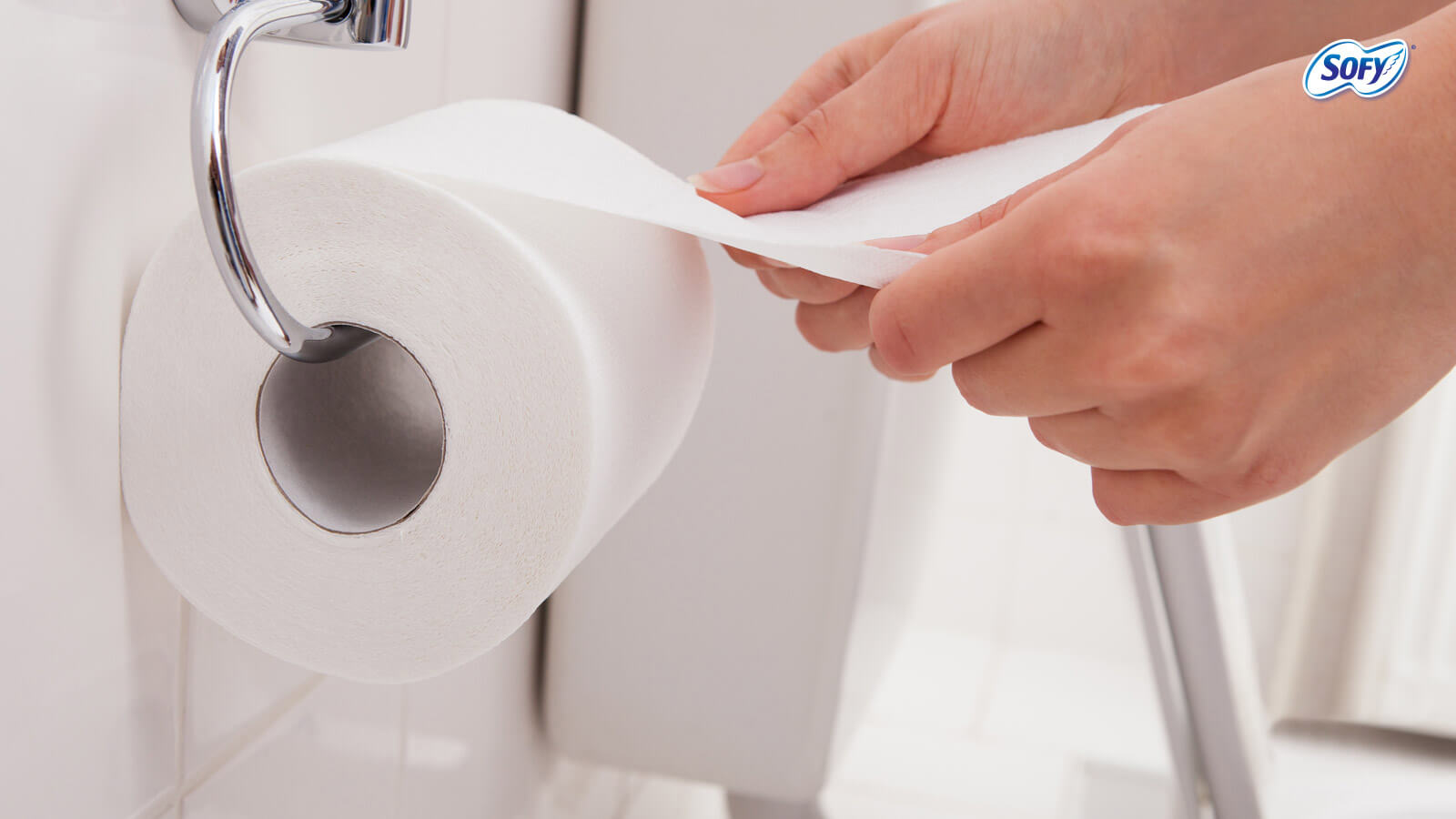Oh no!! Did you run just run out of pads? What happened to that secret stash you had kept for emergencies? That’s MIA too? What’re we gonna do? How did women survive in the days before pads and tampons? HOW?? OMG we’re gonna die!!
OK OK, let’s calm down! We can find good alternatives when we are facing this situation. Don’t stress, ladies! We’ve all been through this. We are human, after all. We went on our regular scour of the internet and found some handy alternatives you can try when you run out of sanitary napkins or tampons.
So here’s what you should try out.
- Toilet Paper: Yes, don’t sound so dumbfounded. Toilet paper can be a great alternative to pads during an emergency. They are easily found in most hygienic public toilets like in malls, restaurants and cinemas and you always have some at your home(in case you don’t, we suggest that you start keeping at least 2 rolls of them at home).
- Diapers: Diapers can be used as makeshift pads in case you don’t have your regular pads. And chances are that you will always find someone around you who’s a new mom so they will have nappy pads on them. And in case you don’t find someone like that, you can always find some at a local grocery store.
- Period Panties- Always keep a pair of period panties handy. Buy some and keep them with you in your bag. They are very comfy to wear. Period panties can be easily found online on various websites.
- Improvise: You should applaud how far we have come in terms of menstrual hygiene. Back in the day when menstrual products were not a thing, women used cloth rags to try and keep their flow under control. Not that we’re telling you to use rags but when the worst comes to worst, you can use your old clothes as a temporary measure. It’ll save you heaps of effort and stress.
- Ask Someone To Get It: This is the best option to try out. All of us are in the same boat when it comes to periods. We know it can get awkward but no one is judging. It’s an emergency after all! You can always ask a male friend to go and get you sanitary napkins or tampons from a nearby shop immediately.
It’s always advisable to be prepared because periods can sometimes come a day early. So now that you know a few tips, share it with your friends and family so that this can be helpful to every woman out there.
FAQ’s
2.What’s a simple pad alternative I can find in public places?
One of the easiest pad alternatives in public spaces is toilet paper. It’s available in most restrooms in malls, cinemas, or restaurants and can be folded to create a makeshift pad. Just be sure to change it frequently to maintain hygiene.
3.How can I get sanitary pads on a train if I run out?
If you’re on a train and need sanitary pads, look for a female co-passenger or approach the train staff, as they might have emergency supplies. Some trains also have vending machines for sanitary pads in their restrooms.
4.Can diapers be a reliable substitute for sanitary pads?
Yes, diapers can work as a makeshift substitute for pads, especially in emergencies. They’re absorbent, provide period protection, and can be used temporarily to control the flow until a regular pad or tampon is available.
5.What is the best homemade pad option in an emergency?
For a quick homemade pad, fold a clean cloth or a cotton cloth rag. Layer it and use it as a temporary pad. This method mimics traditional methods used before disposable sanitary products were available.
6. How do I make a pad at home if I run out suddenly?
To make a pad at home, fold soft, absorbent cloth into multiple layers. Place it in your underwear and secure it if possible. Make sure to change it regularly and use a clean cloth each time to maintain hygiene.
7.Are period panties good alternatives to regular pads?
Yes, period panties are designed for light flow days and can be used in emergencies. They’re washable, reusable, and provide a backup option if you suddenly run out of pads
8.Can I ask someone else to get me sanitary pads in an emergency?
Periods are natural, and needing help is nothing to be embarrassed about. You can ask a friend, family member, or even a male friend to buy pads from a nearby store, especially in urgent situations.
9.Why might toilet paper be a helpful pad alternative during periods?
Toilet paper is a practical alternative because it’s readily available and can be folded to absorb light flow temporarily. However, it’s only a short-term solution, so replace it frequently to stay comfortable and hygienic.
10.Are cloth rags safe for period protection if no other option is available?
Cloth rags can be used as period protection in emergencies if they’re clean and dry. Always opt for soft, cotton material, and be sure to change it frequently to reduce the risk of irritation or infection.












